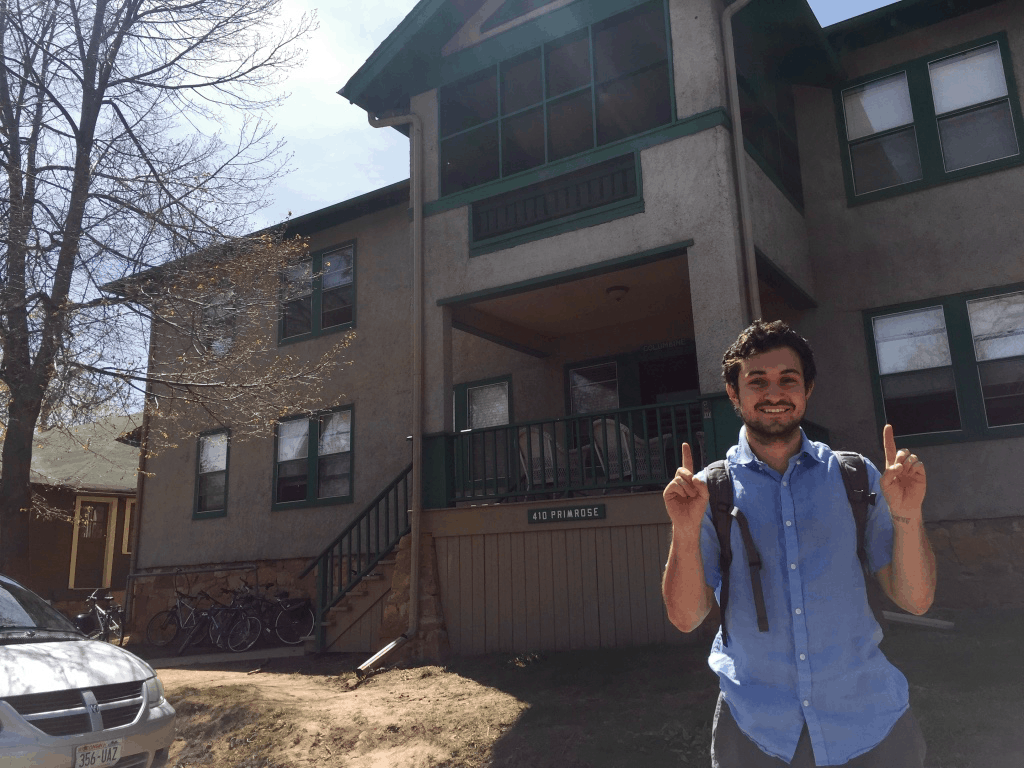Watson University: A Great Place to Incubate Your Startup

If you get off the highway at the first Boulder exit and drive a mile west past brick bungalows full of college kids, you’ll run into the flatirons–300 million year old sandstone upended by an orogeny about 50 million years ago and prominent on along most of the Front Range of Colorado. You’ll also be in Chautauqua Park, a favorite hiking and biking spot of the freakishly fit in Boulder.
The Colorado Chautauqua Association manages a 26 acre campus leased from the city of Boulder including historic theaters, dining and lodging. Picturesque Chautauqua is also home to Watson University, the first degree-granting impact-oriented business incubator.
 Founder Eric Glustrom, one of the Forbes 30 social entrepreneurs under 30, wanted to create a new model of higher education, one that is affordable, applied, based on social impact and bolstered by mentorship. The goal: “Unleash next generation talent to solve the toughest social, economic and environmental challenges facing the world.”
Founder Eric Glustrom, one of the Forbes 30 social entrepreneurs under 30, wanted to create a new model of higher education, one that is affordable, applied, based on social impact and bolstered by mentorship. The goal: “Unleash next generation talent to solve the toughest social, economic and environmental challenges facing the world.”
Every semester Watson invites 20 entrepreneurs aged 18-23, many dropouts from traditional colleges, to take short master courses from leading experts and training in creativity, resilience, bootstrapping, team building and fundraising.
Students can come to Watson for a semester before, during or immediately after finishing an undergraduate program. They can also enroll at Watson and earn an accredited Bachelor’s of Science in Entrepreneurship in just two years from their partner, Lynn University.
The program is selective though, having an acceptance rate even lower than the ivy league universities. In the last application cycle, 30 different countries were represented amongst its 45 finalists.
 The program costs $15,000 per semester which includes housing on Chautauqua’s premises. To avoid debt, VP Romain Vakilitabar (pictured right at the residence hall) said they are experimenting with income earning offsets. As a payment option, future entrepreneurs will be able to pledge a fraction of future earning (e.g., 3-5% over $20k) until the tuition is paid back.
The program costs $15,000 per semester which includes housing on Chautauqua’s premises. To avoid debt, VP Romain Vakilitabar (pictured right at the residence hall) said they are experimenting with income earning offsets. As a payment option, future entrepreneurs will be able to pledge a fraction of future earning (e.g., 3-5% over $20k) until the tuition is paid back.
The team and mentors use a lot of open content and all of Watson’s curriculum and processes are open source.
The program is small and relatively new but it leverages a bunch of important trends: impact-focused entrepreneurship, blended and personalized learning, and a reconsidered and/or rebundled postsecondary experience.
“We’re pretty excited about the model that we’ve proposed,” says Vakilitabar. “In just our third year, we’ve seen our alumni really commit to solving big problems, where their businesses are impacting thousands of lives, employing hundreds. And our alumni have already raised over 12 million dollars for their ventures. It certainly may be more of a testament to our scholars than to us, but we feel like we’re playing an important role in their journey to impact the world.”
Check out this Watson U video made by the Watson scholars. You may just decide it’s time for a semester at Chautauqua.
- Dropping out of High School? Go to College Instead
- Getting Smart Podcast | Why Guidance Matters for College and Career Readiness
- Your Kid Just Said He’s Not Going to College, Now What?
Stay in-the-know with all things EdTech and innovations in learning by signing up to receive the weekly Smart Update.





0 Comments
Leave a Comment
Your email address will not be published. All fields are required.